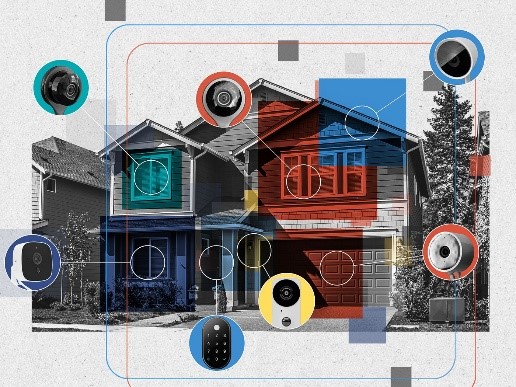
Installing solar panels on your home is an excellent way to harness renewable energy, reduce your carbon footprint, and potentially save on electricity costs. However, before making the decision to install solar panels, there are several important factors to consider. In this article, we will explore key considerations that can help you make an informed decision about installing solar panels in your home, and you can just opt to play some games from www.triplejoker.com while you’re at it.
Available Sunlight
The amount of sunlight your location receives is a critical factor in determining the effectiveness of solar panels. Assess the solar potential of your home by considering factors such as the orientation and tilt of your roof, the presence of shading from nearby trees or buildings, and the average number of sunny days in your area. Ideally, your roof should receive direct sunlight for a significant portion of the day to maximize the solar panel’s energy production. If your roof is heavily shaded or facing the wrong direction, solar panels may not be as effective, but it will help you play games at leroijohnny.me/fr for a longer period.
Roof Condition and Suitability
Before installing solar panels, evaluate the condition and suitability of your roof. Solar panels typically have a lifespan of 25 to 30 years, so it’s important to ensure that your roof is in good condition and can support the weight of the panels. Consider the age, material, and structural integrity of your roof. If your roof is due for replacement in the near future, it’s advisable to address any necessary repairs or replacements before installing solar panels to avoid additional costs and potential complications down the line.
Energy Consumption and Goals
Assess your household’s energy consumption and set realistic goals for solar panel installation. Review your electricity bills to understand your average energy usage and peak demand. This information will help determine the size and number of solar panels required to meet your energy needs. Consider your long-term energy goals and whether you aim to offset a portion or the entirety of your electricity consumption. Setting clear objectives will guide you in choosing the right solar panel system for your home.
Financial Considerations
Evaluate the financial aspects of installing solar panels, including the initial investment, potential savings, and available incentives. Obtain quotes from multiple reputable solar installers and compare the costs, warranties, and financing options. Consider the payback period and return on investment (ROI) to understand when you can expect to recoup the installation costs through energy savings. Research available federal, state, or local incentives, tax credits, and net metering policies that can further reduce the overall cost and enhance the financial benefits of solar panel installation.
Maintenance and Upkeep
Solar panels generally require minimal maintenance. However, it’s essential to understand the maintenance requirements and ensure you are willing to carry out routine tasks such as cleaning debris, inspecting for any damage or malfunction, and monitoring the system’s performance. Additionally, consider the warranty and service options offered by the solar panel manufacturer and installer to address any potential issues or repairs over the lifespan of the panels.
Local Regulations and Permits
Research local regulations, permits, and guidelines related to solar panel installation in your area. Some jurisdictions may have specific requirements or restrictions on panel placement, installation methods, or system interconnection. Familiarize yourself with these regulations to ensure compliance and a smooth installation process. Engaging a reputable solar installer who is knowledgeable about local regulations can help navigate the necessary permits and paperwork.
Conclusion
Installing solar panels in your home can provide numerous environmental and financial benefits. However, it’s crucial to consider various factors before making a decision. Assess the available sunlight, evaluate the condition of your roof, determine your energy consumption and goals, analyze the financial aspects, understand the maintenance requirements, and be aware of local regulations. By considering these factors and conducting thorough research, you can make an informed decision about installing solar panels and take a significant step towards a more sustainable and energy-efficient home.





